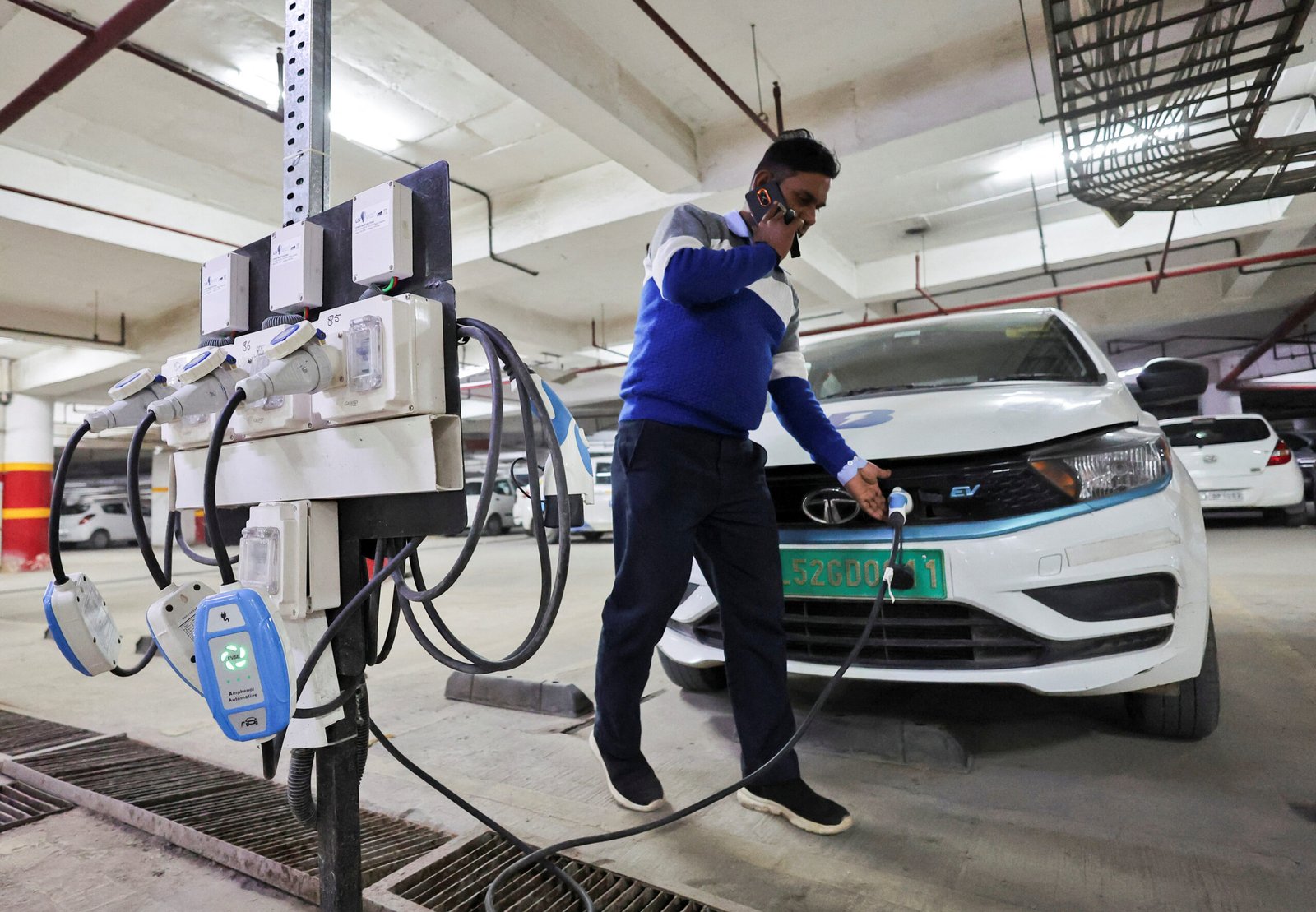
Government policies play a crucial role in promoting the adoption of electric vehicles (EVs). In India, various initiatives and schemes have been implemented to accelerate the transition to electric mobility. This article explores the key government policies that are driving the growth of the EV sector in India.
FAME II Scheme
The Faster Adoption and Manufacturing of Hybrid and Electric Vehicles (FAME) II scheme is one of the most significant initiatives by the Indian government. Launched in 2019, FAME II aims to provide subsidies for electric two-wheelers, three-wheelers, four-wheelers, and buses. The scheme also focuses on developing charging infrastructure and promoting research and development in the EV sector.
National Electric Mobility Mission Plan (NEMMP)
The NEMMP 2020 aims to achieve national fuel security by promoting hybrid and electric vehicles. The plan outlines a roadmap for achieving the target of 6-7 million EV sales annually by 2020. It also includes measures to boost manufacturing capabilities and develop the necessary infrastructure.
GST Reduction
To make EVs more affordable, the Indian government has reduced the Goods and Services Tax (GST) on electric vehicles from 12% to 5%. This reduction significantly lowers the cost of EVs, making them more accessible to the general public.
Income Tax Benefits
The government provides income tax benefits to individuals purchasing electric vehicles. Under Section 80EEB of the Income Tax Act, buyers can claim a deduction of up to ₹1.5 lakh on the interest paid on loans taken for the purchase of EVs. This incentive encourages more people to opt for electric vehicles.
State-Level Incentives
Several Indian states have introduced their own policies and incentives to promote EV adoption. For example, Delhi’s EV policy provides subsidies, waivers on road tax, and registration fees for electric vehicles. Maharashtra, Tamil Nadu, and Karnataka also have similar incentives, making EV ownership more attractive.
Charging Infrastructure Development
The development of robust charging infrastructure is essential for the widespread adoption of EVs. The Indian government is investing in setting up public charging stations across the country. The Ministry of Power has issued guidelines for installing charging infrastructure in urban areas, highways, and rural regions.
Public Transport Electrification
The government is also focusing on electrifying public transport. Schemes like FAME II provide financial support for procuring electric buses and setting up charging infrastructure. States like Himachal Pradesh and Telangana are leading the way in adopting electric buses for public transportation.
Research and Development Support
To foster innovation in the EV sector, the government is providing support for research and development. Institutions like the Indian Institute of Technology (IIT) and other research organizations are receiving grants to develop advanced EV technologies, battery solutions, and charging systems.
Conclusion
Government policies and initiatives are pivotal in driving the growth of the electric vehicle sector in India. From subsidies and tax benefits to infrastructure development and research support, these measures are creating a conducive environment for the adoption of EVs. As the government continues to push for electric mobility, the future of the EV industry in India looks promising. Stay tuned to TelioEV for more updates on government policies and their impact on the EV market.


